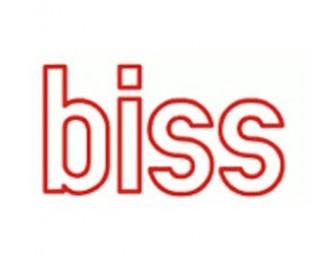BISS: EU-Belarus visa relations in 2006-2011

BISS presents the research paper dealing with the reasons for refusals of entry to Belarusan nationals at the external EU border in 2006-2011.
BISS continues a series of research dedicated to the various aspects of the EU-Belarus visa relations. In 2012, two BISS studies related to visa policy were issued, “How isolated is Belarus? Analysis of consular statistics of the Schengen states in 2007-2011” and “EU-Belarus visa regime facilitation: existing barriers and expected benefits”.
The present study centers on the reasons for the refusals of entry into the EU to Belarusan citizens in 2006-2011. Insignificant at first sight, the issue seems very important if one looks at the statistics. In 2011, 6,000 Belarusans were denied entry into the EU. By the total number of refusals, Belarus is very high on the list, fifth only to Albania, Ukraine, Russia and Serbia.
The study's objective is to identify the challenges that Belarusans encounter most often at the EU external borders when traveling to the EU, analyse the changes in the numbers of and reasons for refusals and provide explanations and recommendations in order to reduce the number of unpleasant experiences among the travellers to the EU.
Research study "Reasons for refusals of entry to Belarusan nationals at the external EU border in 2006-2011" available in PDF format.
-
03.01
-
07.10
-
22.09
-
17.08
-
12.08
-
30.09








































